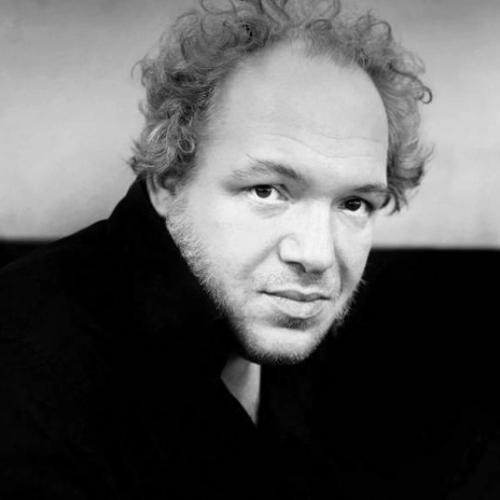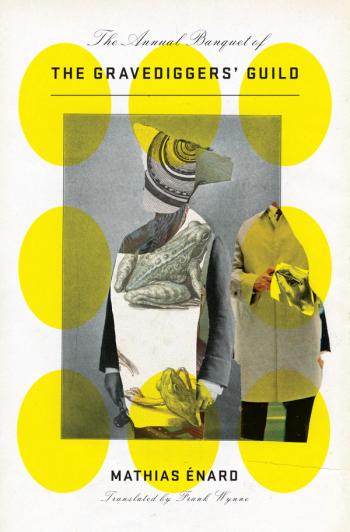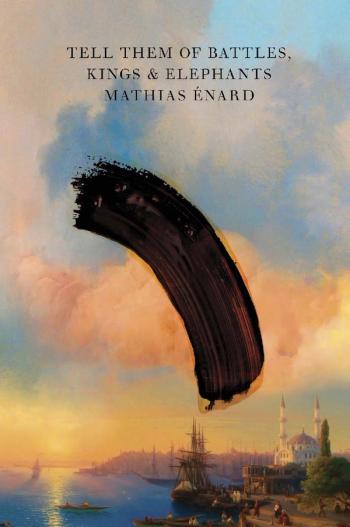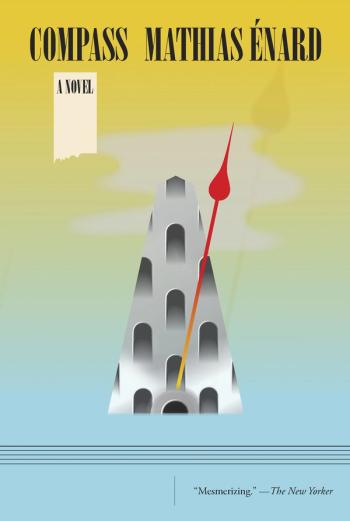Translated by Charlotte Mandell
With a contribution by Mathias Énard
As night falls over Vienna, Franz Ritter, an insomniac musicologist, takes to his sickbed with an unspecified illness and spends a restless night drifting between dreams and memories, revisiting the important chapters of his life: his ongoing fascination with the Middle East and his numerous travels to Istanbul, Aleppo, Damascus, and Tehran, as well as the various writers, artists, musicians, academics, orientalists, and explorers who populate this vast dreamscape. At the center of these memories is his elusive love, Sarah, a fiercely intelligent French scholar caught in the intricate tension between Europe and the Middle East.
With exhilarating prose and sweeping erudition, Mathias Énard pulls astonishing elements from disparate sources—nineteenth-century composers and esoteric orientalists, Balzac and Agatha Christie—and binds them together in a most magical way.
Winner of the Prix Goncourt (France), the Leipzig Prize (Germany), Premio Von Rezzori (Italy), shortlisted for the 2017 International Man Booker Prize, winner of the 2018 National Translation Award in Prose



